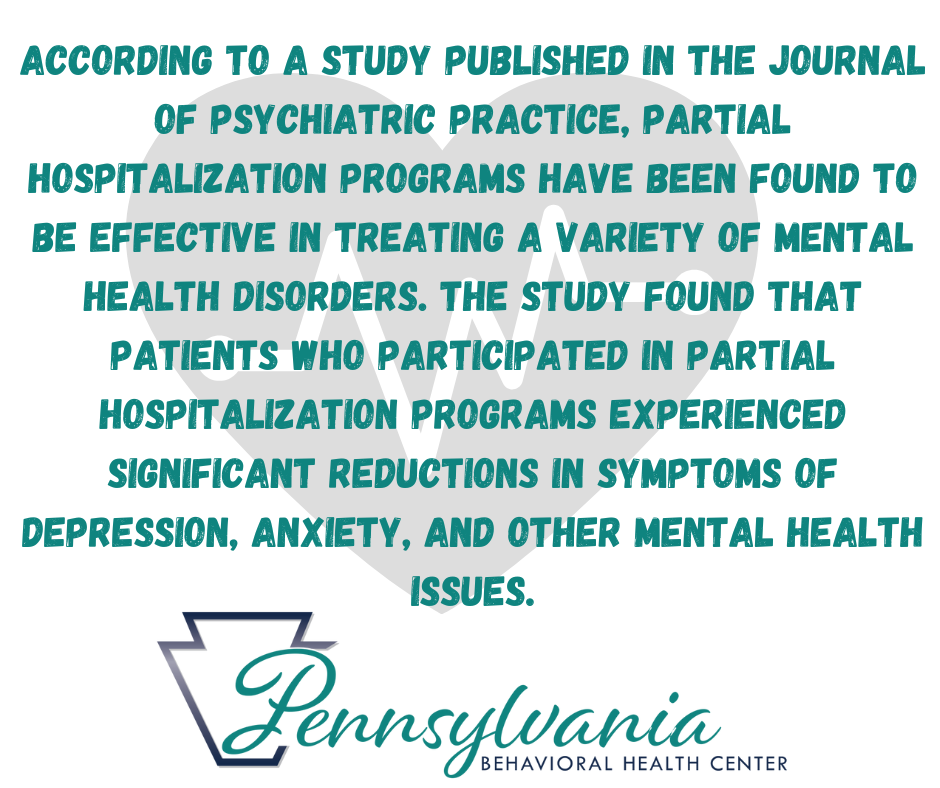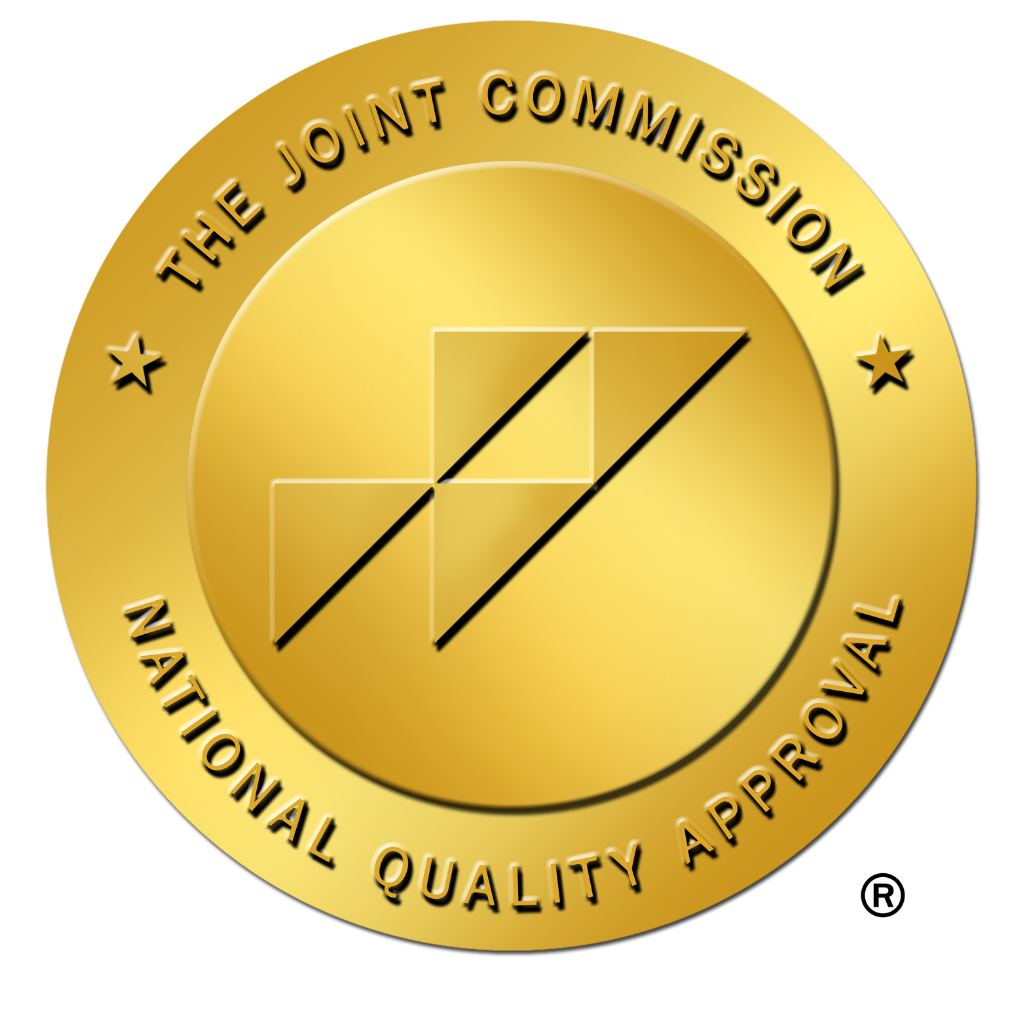What Types of Treatment are Offered in Mental Health Partial Hospitalization & Intensive Outpatient?

Mental Health Partial Hospitalization & Intensive Outpatient
Mental health partial hospitalization and intensive outpatient programs are designed to provide comprehensive and specialized care for individuals who require more intensive treatment than traditional outpatient services but do not need to be hospitalized. These programs offer a range of treatments and services that can help individuals recover from mental health disorders, manage symptoms, and improve their overall quality of life.
In this blog post, we will explore the types of treatment and services that are commonly offered in mental health partial hospitalization and intensive outpatient programs.
Medication Management: One of the primary components of mental health partial hospitalization and intensive outpatient programs is medication management. This involves working with a psychiatrist or other medical professional to evaluate and adjust medication regimens, as well as providing education on medication side effects and other concerns. By closely monitoring and adjusting medications, individuals can achieve better symptom control and improved overall functioning.
Individual Therapy: Individual therapy is a cornerstone of mental health partial hospitalization and intensive outpatient programs. This type of therapy involves working one-on-one with a therapist to explore the root causes of mental health issues, learn coping strategies, and develop healthy thought patterns and behaviors. Individual therapy sessions are often tailored to the specific needs of the individual and may utilize a range of evidence-based approaches, such as cognitive-behavioral therapy, dialectical behavior therapy, or psychodynamic therapy.
Group Therapy: Group therapy is another important component of mental health partial hospitalization and intensive outpatient programs. Group therapy sessions bring together individuals who are experiencing similar challenges and provide a supportive environment in which to explore and process difficult emotions and experiences. Group therapy sessions may focus on topics such as coping skills, mindfulness, communication skills, and relapse prevention.
Family Therapy: Family therapy is a specialized type of therapy that involves working with individuals and their family members to improve communication, build stronger relationships, and address family dynamics that may be contributing to mental health issues. Family therapy can be particularly helpful in cases where family conflict or dysfunction is contributing to or exacerbating mental health symptoms.
Psychoeducation: Psychoeducation refers to the provision of information and education about mental health disorders, treatment options, and other related topics. Psychoeducation may be provided in group or individual settings and can help individuals and their families better understand their condition and develop strategies for managing symptoms.
Recreational Therapy: Recreational therapy involves the use of activities and games to promote physical, emotional, and mental wellbeing. In mental health partial hospitalization and intensive outpatient programs, recreational therapy may include activities such as art therapy, music therapy, yoga, or other forms of exercise. These activities can provide a valuable outlet for stress and help individuals develop healthy coping skills.
Case Management: Case management involves working with individuals to coordinate care and navigate the healthcare system. Case managers can help individuals access services such as housing assistance, vocational training, or other community resources that can support their recovery and improve their overall quality of life.
Therapeutic Modalities Used in Mental Health Partial Hospitalization & Intensive Outpatient
Cognitive-Behavioral Therapy (CBT): CBT is a type of therapy that focuses on identifying and changing negative thought patterns and behaviors that may be contributing to mental health issues. It has been shown to be effective in treating a wide range of mental health disorders, including depression, anxiety disorders, and eating disorders.
Dialectical Behavior Therapy (DBT) DBT is a type of therapy that focuses on teaching individuals skills to manage emotions, cope with stress, and improve interpersonal relationships. It has been shown to be effective in treating borderline personality disorder, substance abuse, and other mental health disorders.
Mindfulness-Based Stress Reduction (MBSR): MBSR is a type of therapy that combines mindfulness meditation, body awareness, and other techniques to help individuals reduce stress and improve overall wellbeing. It has been shown to be effective in reducing symptoms of anxiety, depression, and chronic pain.
Eye Movement Desensitization and Reprocessing (EMDR): EMDR is a type of therapy that involves recalling traumatic memories while engaging in bilateral eye movements or other types of sensory stimulation. It has been shown to be effective in treating post-traumatic stress disorder (PTSD) and other trauma-related disorders.
Psychodynamic Therapy: Psychodynamic therapy is a type of therapy that focuses on exploring unconscious conflicts and unresolved issues that may be contributing to mental health issues. It has been shown to be effective in treating depression, anxiety, and personality disorders.
Research on Mental Health Partial Hospitalization
According to a study published in the Journal of Psychiatric Practice, partial hospitalization programs have been found to be effective in treating a variety of mental health disorders. The study found that patients who participated in partial hospitalization programs experienced significant reductions in symptoms of depression, anxiety, and other mental health issues.
Specifically, the study found that:
- Patients who participated in a partial hospitalization program for depression experienced a 58% reduction in symptoms after just four weeks of treatment.
- Patients who participated in a partial hospitalization program for anxiety disorders experienced a 52% reduction in symptoms after four weeks of treatment.
Source: Rothschild, A. J., Samson, J. A., Bessette, M. P., & Locke, C. A. (2014). Effectiveness of a partial hospitalization program in reducing symptomatology in patients with depression, anxiety, and other psychiatric diagnoses. Journal of Psychiatric Practice, 20(5), 338-346. doi: 10.1097/01.pra.0000450373.00883.72

